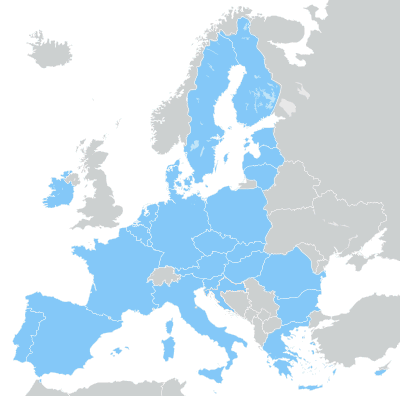The late Larry Auster wrote,
As we all know by now, racism, like witchcraft, is a difficult accusation to defend oneself against. The reason is that the word no longer has a defined meaning. I was first struck by this phenomenon several years ago when New York City’s closing of a hospital in Harlem, as part of an economy move, was ferociously denounced as “racist” by black leaders.
This was a new and startling use of a highly charged word that I had associated mainly with race hatred. “Racism” now apparently meant anything that, in the view of black people, hurt their interests or offended them or, indeed, anything they did not approve of. In recent years, this limitless definition has come to include the entire structure of our predominantly white society, as well as all white people.
Steve Browne at Taki Mag is even blunter:
It has to be evident to all thinking people by now that racism is the new witchcraft. Once you’re branded with the Scarlet “R,” some people do not regard it as immoral to assault you…or worse. Calling someone a racist is sufficient to brand them as outside the pale of civilized company. In academia, the accusation is a career-wrecker. Socially it is enough to get you dropped from the A-list of the best parties.









